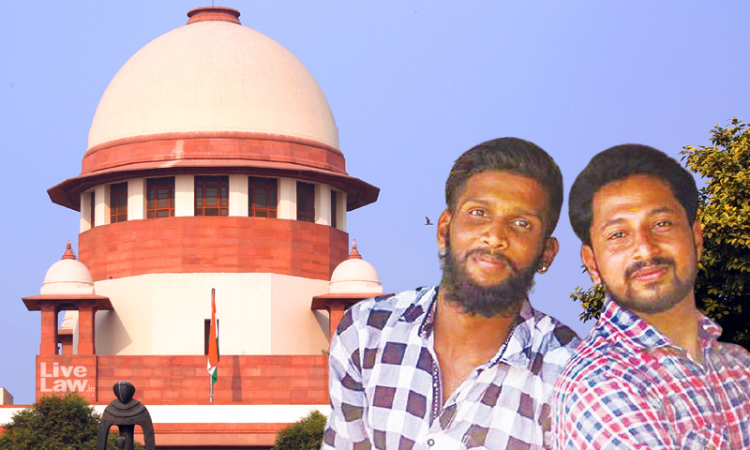Periya Double Murder-Supreme Court Dismisses Kerala Govt's Plea Against Further Investigation By CBI
Mehal Jain
1 Dec 2020 6:47 PM IST

Next Story
1 Dec 2020 6:47 PM IST
The Supreme Court on Tuesday dismissed Kerala Government's plea against the decision of the Kerala High Court to transfer the further investigation in the Periya double murder case to the CBI.The State came in appeal against the judgment of the High Court of Kerala directing CBI investigation into the twin murders of Kripesh and Sarath Lal, who were members of the Congress party.They...
